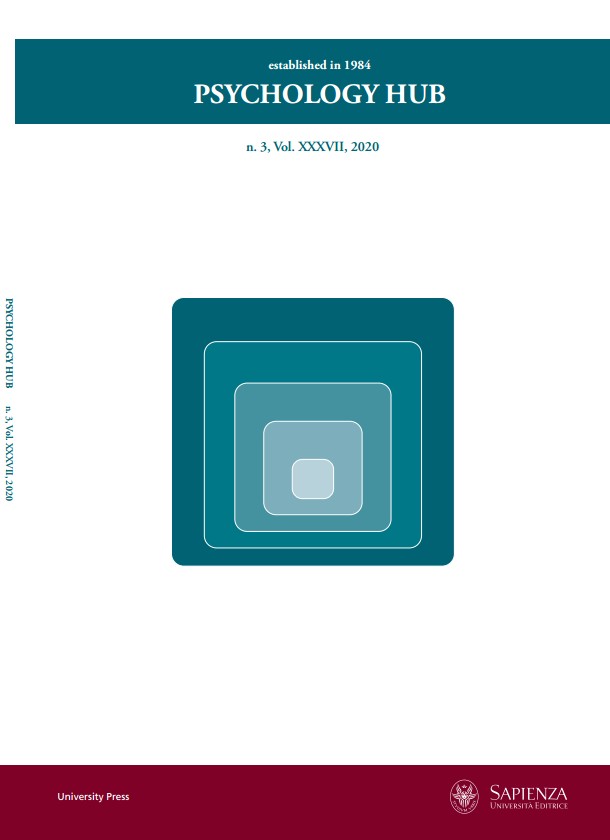From emotional mutual to self-regulation in attention deficit/ hyperactivity disorder: A pilot study on a sample of preschool-age children and their parents
DOI:
https://doi.org/10.13133/2724-2943/17231Keywords:
ADHD, emotional regulation, alexithymia, parent-child emotion dialogues, preschool childrenAbstract
The present study aimed to verify the relationship between parent-child interaction characteristics and the ability of children with attention deficit/hyperactivity disorder (ADHD) to self-regulate their emotions. The sample included 60 participants: 20 mothers, 20 fathers, and 20 preschool-age males with a diagnosis of ADHD. Parents completed the 20-Item Toronto Alexithymia Scale. The Child Emotional Abilities Task was administered to the child and Autobiographical Emotional Events Dialogues were administered to mother-child and father-child dyads. Several characteristics of parent-child interactions, such as maternal ability to accept an active role of the child during the task, correlated with the child’s ability to identify and describe his own feelings. Parental abilities to involve the child in a reciprocal narrative and avoid boundary dissolution also correlated with the individual capability of the child in imaginative processes. In conclusion, parental emotional abilities were related to the ways in which parents interacted with their children with ADHD during an emotional task. The characteristics of these interactions were related to child emotional self-regulation abilities
Published
How to Cite
Issue
Section
License
Copyright (c) 2020 Psychology Hub

This work is licensed under a Creative Commons Attribution-NonCommercial-ShareAlike 4.0 International License.





